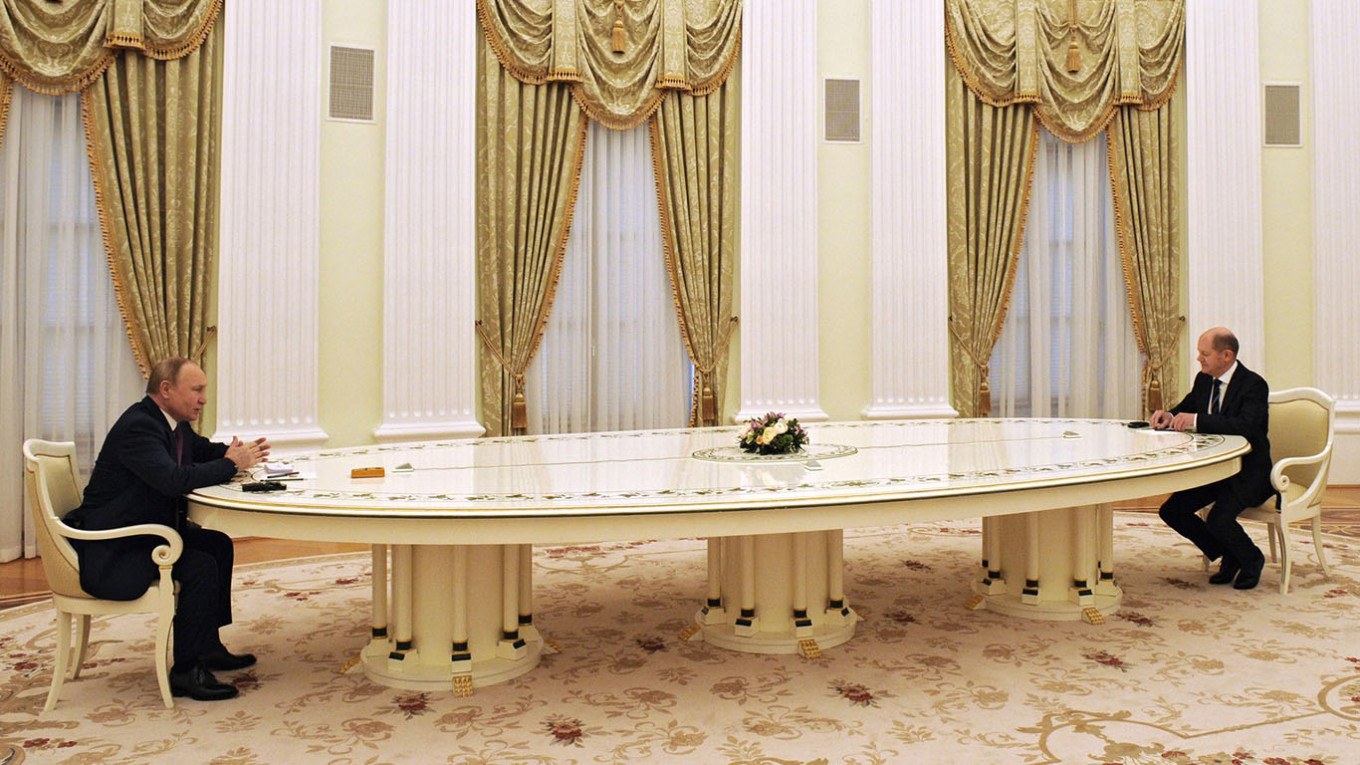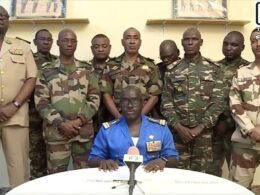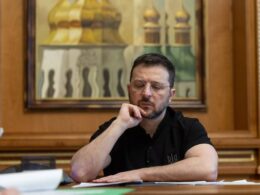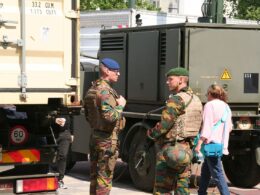Ukrainian President Volodymyr Zelenskyy has strongly criticized German Chancellor Olaf Scholz's phone call with Russian President Vladimir Putin, describing it as "Pandora's box" that could lead to further unwanted diplomatic contacts.
In his evening address to the nation on 15 November, Zelenskyy said:
"Chancellor Scholz told me he was going to call Putin. Olaf's call, in my opinion, is a Pandora's box. Now there may be other conversations, other calls. Just many words. And this is exactly what Putin has long wanted: it's extremely important for him to weaken his isolation, Russia's isolation, and conduct ordinary negotiations that will end in nothing."
Scholz calls for peace in Ukraine during first phone call with Putin in two years
Ukraine's Foreign Ministry responded to the call earlier that day, stating such contacts "carry no added value for achieving a just peace," according to Ministry spokesman Heorhiy Tykhyi.
"Even if the German Chancellor did not express positions that would contradict Ukraine's stance, conversations with the Russian dictator themselves carry no added value for achieving a just peace," Tykhyi's commentary published by the Foreign Ministry reads. "Conversations now only give Putin hope for weakening international isolation," he added.
Scholz's call to Putin was the first since December 2022.
On 15 November, the German Government reported that Scholz held his first telephone conversation with Putin, condemning during the call Russia's war against Ukraine and urging Putin to end it and withdraw troops. The Chancellor also reportedly pressed for Russia's willingness to negotiate with Ukraine toward achieving a just and lasting peace.
According to the German government's report, the Federal Chancellor spoke with Ukrainian President Volodymyr Zelenskyy beforehand and plans further discussions after talks with the Russian President, indicating Scholz's intention to continue contacting Putin.
Following the conversation with Putin, Scholz spoke with Polish Prime Minister Donald Tusk.
"I just received a call from Chancellor Scholz, who reported to me about the conversation with Putin. I was satisfied to learn that the Chancellor not only unequivocally condemned Russian aggression but also repeated the Polish position: nothing about Ukraine without Ukraine," Tusk wrote on social media.
In his evening address, Zelenskyy emphasized there would be "no Minsk-3," referring to previous 2014-2015 ceasefire agreements signed with Russia under pressure from Germany and France, and stressed the need for "real peace."
The Ukrainian Foreign Ministry highlighted that "concrete strong actions are needed to force him toward peace, not persuasion and attempts at pacification, which he views as a sign of weakness and uses for his own purposes."





